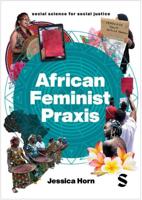Publisher's Synopsis
Developments in new technologies of mass communication, especially the development of satellite television, have created unprecedented global audiences for events like the Olympics and the FIFA World Cup. The influx of corporate sponsorship money into sports megas has provided an important source of income for host cities and the international organizations running world sports events. Sports mega–events are now seen as useful in the selling of all manner of commercial products and as valuable promotional opportunities for cities and regions, showcasing their attractions to global audiences and helping to attract tourism and outside investment. The enthusiasm to host sports mega–events has grown massively in the past 20 years, but research has pointed out significant gaps between forecast and actual outcomes, between economic and non–economic rewards, between the experience of mega–events in advanced and in developing societies. This collection of specially commissioned essays asks penetrating questions about why governments and cities compete for the right to host these major international sporting events? What are the tradeoffs and opportunity costs of doing so? Do such events ultimately deliver the benefits, economic and otherwise, that their proponents proclaim?
This volume offers a distinctive and timely comparative analysis of the sociological, economic, and political significance of bids for, and the hosting of, sports mega–events throughout the world Europe, Asia, North America, Australasia and South Africa. The contents will appeal to an international readership in sociology, geography, economics, sports studies and sports management and cultural studies. The breadth of coverage and international composition of the specialist contributors makes this a compelling and substantive addition to the sociological literature in sport, leisure and popular cultural studies.










